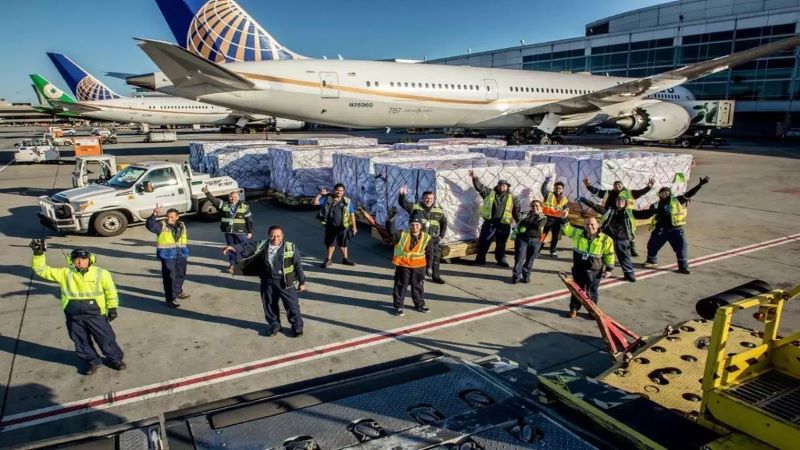Kim Roberts, a nonresident senior fellow at the Scowcroft Center for Strategy and Security at Georgetown University, recently spoke about the clash between globalization and national interests post-COVID-19.
As part of an ongoing series, the Atlantic Council interviewed Roberts for its Foresight, Strategy, and Risks initiative.
Although countries and companies have been forced to adapt to disruptions in supply chains around the world,, moves away from dependence on international supply chains could threaten global stability, she said.
While the individual security of nations can be, in part, bolstered by ensuring a disruption on the other side of the planet does not create problems in basic supply needs such as food, those same chains are what encourage peace between nations, she said. When nations are linked by supply and production chains, conflict is economically undesirable.
In response to all the changes created the COVID-19 pandemic, Roberts told the Atlantic Council that she and her students are now looking at a broader definition of national security.
“We have traditional security challenges, but others have been raised up the priority list, such as health security, food security, and climate change,” she said.
Particularly for the United States, which in the wake of the collapse of the Soviet Union grew to such international prominence as the only remaining superpower, turning to isolationism could leave a power vacuum no other nation is capable of filling, she said.
“China is obvious, but their reputation following the pandemic is mixed,” she told the Atlantic Council. “While they are attempting to increase their soft power, they are also being blamed from many corners for the pandemic’s outbreak.”
But the answer may not be an either-or decision, she said. Roberts recalled cooperation between the U.S. and Soviet Union at the height of the Cold War that benefited the space programs in both nations.
She also cited a recent Pew Research Poll that indicated 97% of respondents favored international cooperation on infectious diseases.
“It doesn’t have to be an all-in cooperation,” she told the Atlantic Council. “But this could be a start, and it is in our own national interest to solve the pandemic’s fallout.”


 Alerts Sign-up
Alerts Sign-up